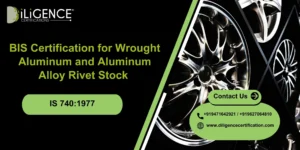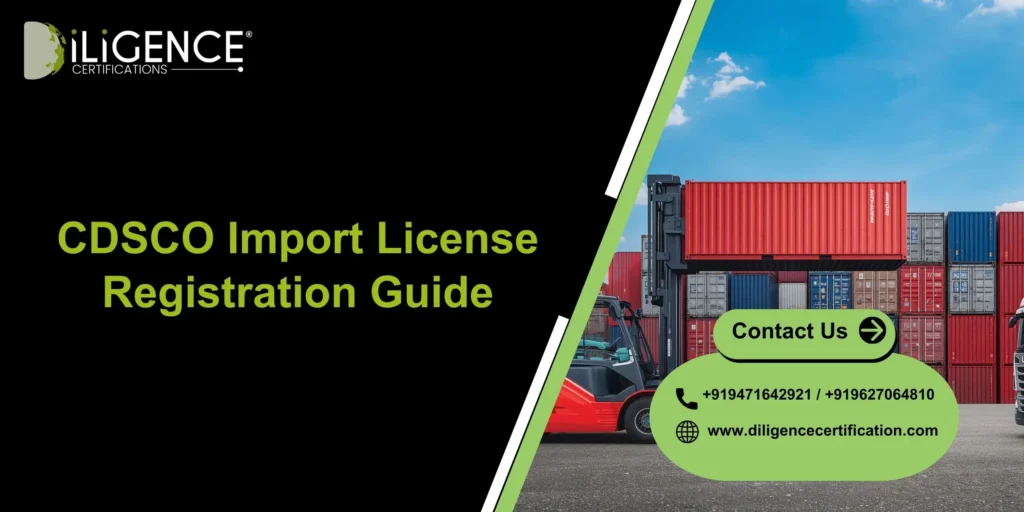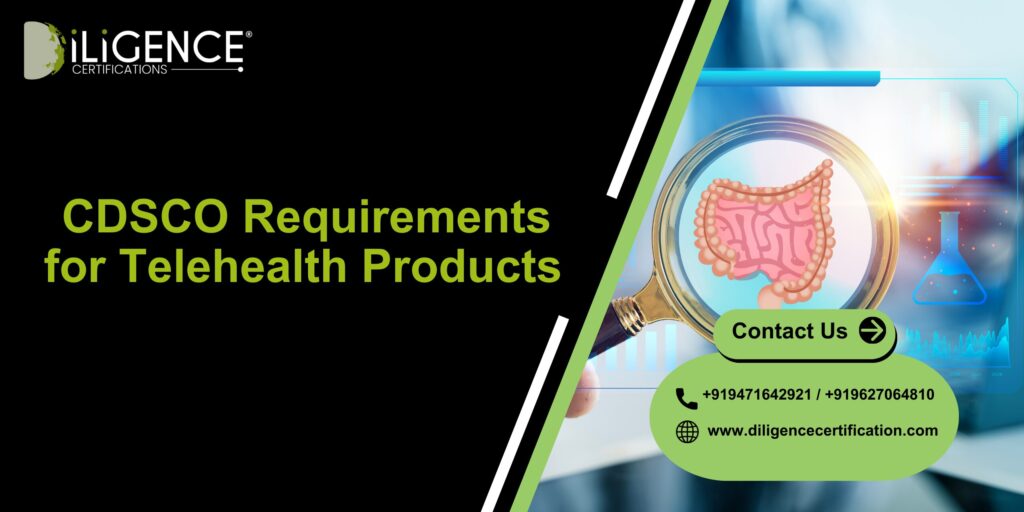- BIS Certification Lead Acid Battery Under IS 12292:1988
- Covers safety and performance of lead-acid batteries.
- Certification is mandatory under BIS CRS.
- Applies to automotive and stationary lead-acid batteries.
- Requires testing in BIS-approved labs.
- Certified products must display the CRS mark and R-number.
- Certificate valid for 2 years, renewable.
- Ensures legal sale, safety, and market trust.
- Diligence Certifications offers full support for BIS registration.
Introduction
BIS Certification for Lead acid batteries are part of everyday life – from providing power to our cars, to acting as a backup for electrical power for businesses and homes. However, widespread use means that we need to ensure their safety, reliability, and quality. Enter BIS CRS Certification under IS 12292:1988.
BIS CRS certification issued by the Bureau of Indian Standards (BIS) is mandatory for all manufacturers and importers who want to put lead acid batteries on the market in India. This certification ensures the products below reach the consumer having been tested for safety and performance. Whether you are a business intending to sell your product in India, or you’re an importer who is bringing batteries to India from overseas, BIS certification for lead acid batteries is a must to be compliant and for consumer confidence in your brand.
What is BIS Certification for Lead Acid Battery?
The Bureau of Indian Standards (BIS) may be considered as the government’s quality controller in India. Lead-acid batteries fall under the ambit of the BIS compulsory registration scheme, and thus, manufacturers or importers have to comply with the provisions of BIS and obtain the ISI mark. The ISI mark essentially stands for the national level testing of lead-acid batteries for performance, environmental safety, and user safety.
It is not a click-the-icon-to-pass kind of arrangement. It is through stringent tests, inspections, and surveillance that BIS certification makes sure no product gets to bear the CRS mark unless it meets the standards laid down by IS 12292:1988, the primary Indian standard for lead-acid batteries.
Why is BIS Certification Important for Lead Acid Battery?

Indian customers are extremely conscious of battery safety these days. With news of battery explosions, environmental harm, and product recalls, no one wants to risk a cheap or unsafe lead-acid battery. BIS certification builds trust by assuring:
- Consistent product quality
- Safety in use, storage, and transport
- Compliance with Indian law
- Avoidance of penalties and shipment delays
If you want to sell nationwide and even participate in government tenders, BIS Certification for lead acid battery is non-negotiable. In fact, from a business perspective, it boosts brand image — we’ve seen clients report a 15% higher conversion after putting their ISI mark front and center.
Types of Lead Acid Batteries under BIS Certification
Lead-acid batteries come in many forms, but broadly fall under these BIS categories:
- Automotive lead-acid batteries
- Stationary industrial lead-acid batteries
- Solar lead-acid batteries
- Inverter or UPS lead-acid batteries
Each category has unique BIS requirements, but the certification flow generally remains similar.
What is IS 12292:1988?
IS 12292:1988 is an Indian Standard published by the Bureau of Indian Standards (BIS) specifying safety and performance requirements for lead-acid batteries that are used, primarily, in automotive applications including starting, lighting and ignition (SLI).
The standard provides requirements for manufacturers for construction, capacity, electrical performance, marking and testing methods to ensure quality and reliability. The standard contributes towards the consistency of product and protects users from poorly constructed or unsafe batteries.
Under the scheme, lead-acid battery manufacturers must have their lead-acid batteries tested and certified by BIS if the manufacturer wants to sell or import lead-acid batteries for ie. India, under the Compulsory Registration Scheme (CRS).
Eligibility & Validity of BIS Certification
Eligibility And Validity of BIS Certification
Any manufacturer, Indian or foreign, who intends to market or sell lead-acid batteries in India must secure BIS approval. There is no legal shortcut.
The certification is typically valid for 2 years, with an option to renew after a BIS surveillance audit. A change in the factory address, significant product design change, or repeated non-compliance may lead to cancellation.
Requirements for BIS Certification of Lead Acid

From our team’s field experience, BIS certificate for lead acid battery has strict eligibility requirements. Whether you are an Indian or overseas manufacturer, you must meet these criteria:
- You should have a registered manufacturing facility with clear ownership or lease documents
- Your production line should follow Indian Standard IS 12292:1988
- Only tested and compliant samples from BIS-recognised labs are accepted
- A valid IEC code (for importers) and GST registration
- Clear marking processes for the ISI logo on finished batteries
- Agreement to allow BIS officers to conduct inspections and market surveillance
- Consistency in raw material sourcing (BIS may ask for raw material supplier details)
If you fail to meet these, the CRS Mark cannot be legally granted. We often see smaller manufacturers tripping on the ISI marking rules or inconsistent factory processes — that is why partnering with a compliance expert like Diligence Certifications saves enormous headaches.
Documents Required for BIS Certification of Lead Acid Battery
Along with meeting requirements, you will also need these documents ready:
- Factory registration or incorporation certificate
- GST certificate
- IEC (Importer-Exporter Code), if applicable
- Layout diagram of manufacturing process
- Technical drawings and product datasheets
- Authorization letter if using a BIS Certification Consultant
- Test reports from BIS-recognized labs
- Details of quality control system
- Previous certificates (if renewing)
- ISO certificate (if any)
Our Diligence Certifications specialists can do a thorough check of these documents so you avoid delays or rejections.
CRS Certification Process For Lead Acid Battery Under IS 12292:1988
- Identify Product and Standard
Confirm that your lead acid battery falls under IS 12292:1988 and requires CRS certification as per BIS guidelines. - Choose BIS-Recognized Lab
Send battery samples to a BIS-recognized laboratory in India for testing. The lab will test the product against the parameters defined in the standard. - Receive Test Report
Once testing is complete, the lab will issue a test report confirming whether the product complies with IS 12292:1988. - Apply on Manakonline Portal
Register on the BIS Manakonline Portal and fill out the online application. Upload all required documents along with the test report. - Submit Fees and Documents
Pay the application fee and submit necessary documents, such as:- Factory license
- ISO certificate (if available)
- Product photos
- Brand authorization letter (if applicable)
- Scrutiny by BIS
BIS officials review the application and verify the details. They may ask for clarification or additional documents if needed. - Grant of CRS Certificate
Once approved, BIS grants a CRS Registration Certificate with a unique R-number. This must be printed on the product packaging. - Marking and Compliance
The product must now carry the Standard Mark and R-number before being sold in the Indian market. - Renewal and Surveillance
The certificate is typically valid for 2 years. Renewal is required before expiry, and BIS may conduct surveillance or random product testing.

Benefits of BIS Certification for Lead Acid Batteries
Why should you invest time and money in BIS? Here’s what our clients consistently tell us:
- Easier market acceptance
- No customs or border
- Greater brand trust
- Eligibility for government tenders
- Higher perceived quality
Lead Acid Battery BIS Certification: Key Challenges
Yes, challenges exist. For example:
- Navigating lab test protocols
- Managing production audits
- Maintaining compliance for renewals
- Language barriers in documentation
Diligence Certifications specialises in resolving these hurdles, using our deep familiarity with BIS norms and strong working relationships with labs.
Cost of BIS Certification for Lead Acid Battery
The costs of BIS certification for lead acid batteries vary with different factors such as the product category, testing, and the number of production locations. Additional costs may apply to cases of repeated assessments. Dependence on Diligence Certification helps manufacturers solve problems with constant BIS certification.
Conclusion
In this market, where a single shipment delay or complaint about safety can tarnish the entire reputation, BIS Certification acts as your best defence for lead-acid batteries. The ISI mark does more than just fulfill regulatory requirements; it is a mark of quality and confidence that educates your dealers, customers, and even Government agencies on the standards you follow.
With cheap grade batteries pouring into India, brands that take the efforts of BIS compliance put themselves a step above the unsavoury competition. This difference goes beyond marketing: it translates to faster customs clearance, stronger partnerships, and the chance to enter high-value tenders and government supply chains.
At Diligence Certifications, we know that achieving BIS certificate for lead acid battery can feel daunting. Lab tests, documentation, inspections, and follow-up audits will surely break your back if taken up by any growing company. But you needn’t handle it all by yourself. This team is just here to lighten your load so that you can concentrate on manufacturing, selling, and innovating, while we will deal with compliance.
If you have plans to grow your battery business in India or protect your existing market share, contact Diligence Certifications. We will help you get the CRS mark effortlessly, render your products free from enforcement risk, and foster a brand that customers will deeply trust.
Frequently Asked Questions (FAQs)
Are all lead-acid batteries required to have BIS certificate?
Yes, under the BIS Act, all lead-acid batteries should have a valid ISI mark to be sold.
How long does the BIS certificate take for a lead-acid battery?
Typically 4–6 weeks, depending on lab test queues and factory inspection slots.
What happens if I sell without BIS certification?
Your products can be seized, and you may face penalties under Indian law.
Can a foreign manufacturer get BIS certificate?
Yes, foreign brands can apply through an Indian representative.
Is ISI certification for lead-acid batteries identical to BIS certificate?
No, ISI certification is issued under BIS; they are essentially the same.
Do I need to renew BIS certification?
Yes, every 2 years, subject to a fresh surveillance audit.
What if my product fails the BIS lab test?
You can retest after corrective actions. Diligence Certifications can assist you in reapplication.
Is BIS applicable for recycled lead-acid batteries?
Yes, any battery that is put into the Indian market has to comply with BIS norms, either recycled or new.
Which laboratory can test lead-acid battery for BIS?
Only BAS-approved and NABL-accredited laboratories will be authorized.
What is the IS number for lead-acid batteries?
The standard for lead-acid batteries is IS 15549.








 BIS Certification
BIS Certification
 CDSCO
CDSCO
 CPCB
CPCB
 LMPC
LMPC
 WPC Approval
WPC Approval
 Global Approvals
Global Approvals
 TEC
TEC
 ARAI
ARAI
 BEE
BEE
 ISO Certification
ISO Certification
 DGCA Certification
DGCA Certification
 NOC For Steel
NOC For Steel



















 Business Registration
Business Registration















 Legal Services
Legal Services
 Trademark Registration
Trademark Registration
 Copyright Registration
Copyright Registration
 Patent Registration
Patent Registration

















































